Nairobi, Kenya
Three countries are mooting over a move to join the East African Community, a step many see will foster peace in the region as well as expansion.
President Mwai Kibaki, while opening the second meeting of the First Session of the East Africa Legislative Assembly (EALA) in Nairobi on Tuesday,welcomed the interest of Sudan, South Sudan, the Democratic Republic of Congo, Ethiopia and Somalia in joining the EAC.
He said that he was looking forward to the future expansion of the East Africa Community (EAC) to allow regional countries join the economic bloc to foster peace and stability.
“We should facilitate their membership. A strong and prosperous EAC is the pillar to the stability of our region. Let us all play our roles in strengthening and expanding the EAC,” he told the regional lawmakers.
The Transitional Federal Government of Somalia made an official request in a letter to Kibaki, who is the current chair of the EAC, in March to join East Africa’s economic bloc. The request followed major developments in Somalia that have seen the country begin the journey to stability and peace after several years of civil strife.
In November last year, the five-nation regional economic bloc rejected an application by Sudan to join the EAC due to its geographical location. The EAC has also pending application by the Republic of South Sudan which has been waiting since last year for the regional leaders to examine it before being admitted to the EAC membership.
Kibaki also urged EAC member states to work together in fighting agents of terror and those who threaten security, adding peace and security are paramount to the region’s development agenda.
“In this connection, we wish our brothers and sisters in Somalia all the best as they prepare to embrace a period of re- construction,” Kibaki said.
The EAC Chair called for greater collaboration and more linkages between the East Africa Legislative assembly (EALA) and National Assemblies of the EAC member states, saying the move will go a long way towards improving the performance of the Community.
Kibaki acknowledged the significant strides made by east Africans in regional integration in the last 10 years through the different organs of the East African Community, including EALA.
He however, said the EAC organs and relevant institutions must seek solutions to the obstacles slowing down integration.He noted the east African business people, investors and ordinary citizens still find non-tariff barriers and obstacles to free movement of persons, labour, goods and services across the region an unnecessary impediment to the operation of the two protocols.
Kibaki stressed working together to remove fear of loss of sovereignty should be central to all EAC deliberations. He said Kenya has reduced the number of police stops for transit cargo to ensure speedy movement of goods and services to EAC member countries.
“We are also ensuring smoother operations at the weighbridges. Let us also work towards the smooth operation of a single entry,” Kibaki said, citing holding of special joint sessions to debate Community agenda as one of the ways in which the community will be brought closer to the people for whom it is intended.
The Othaya lawmaker said the necessity for the different legislatures to work together is emphasized by the fact that laws enacted by EALA are expected to enhance and compliment national laws.
He observed greater cooperation between organs of the community will ensure more efficient implementation of laws, protocols and programs of the EAC.He called on EALA to work towards implementation of the various protocols passed and signed by EAC member states.
“I believe this Assembly has the right and duty to hold us more accountable in implementing these commitments, so that we deliver in a meaningful way to our citizens,” Kibaki said.
The president said it was imperative that EALA and the Council of Ministers collaborate more on mechanisms to initiate laws to enforce the expeditious implementation of the Customs Union and the Common Market Protocols.
“This will enable our people to reap benefits accruing from them,” Kibaki challenged the EALA to play their role effectively by enacting laws that ensure sustainable management of natural resources, many of them shared among EAC member states.
He said the move will mitigate challenges posed by periodic droughts, floods, other natural disasters and food shortages.
“Equally, the need to develop agricultural policies and practices, and land management systems that ensure food security in this region is most urgent,” he said.
EALA Speaker Margaret Nantongo Zziwa reassured the Legislative Assembly will work hand in hand with all relevant institutions in the member states to consolidate the gains achieved by the last two assemblies towards the integration process.
Zziwa said EALA will conduct public hearings in member states to sensitize the citizenry in the region on the importance of EAC as a region to ease unnecessary fears.
She reaffirmed the assembly shall endeavor to pass relevant legislation to integration, adding the region shall also witness the entry of the Monetary Union as a third pillar of integration, and initial steps towards the Political Federation. (Xinhua)


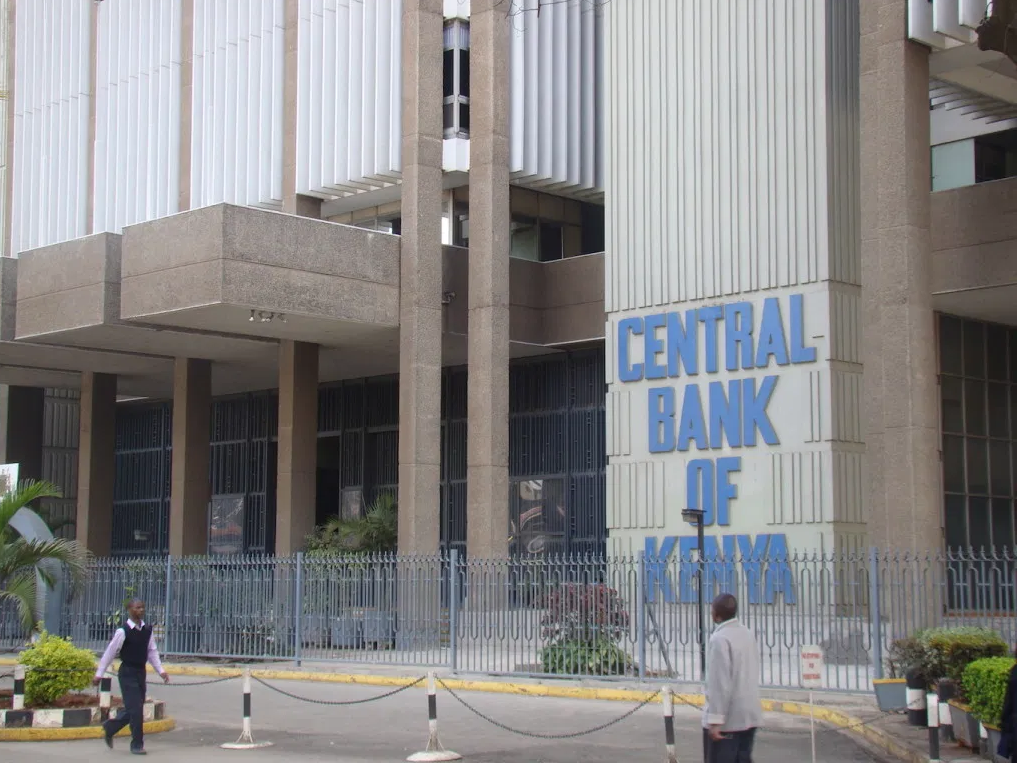
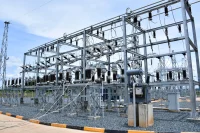
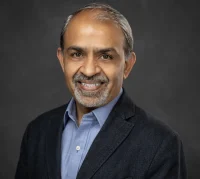
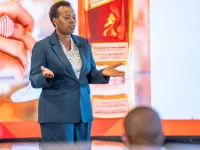










































![Pula Co-Founders and Co-CEOs, Rose Goslinga & Thomas Njeru. Pula provides agricultural insurance and digital products to help smallholder farmers manage climate risks, improve farming practices and increase their incomes. [ Photo / Courtesy ]](https://businesstoday.co.ke/wp-content/uploads/2021/01/Pula-Co-Founders-and-Co-CEOs-Thomas-Njeru-Rose-Goslinga.jpg)

























































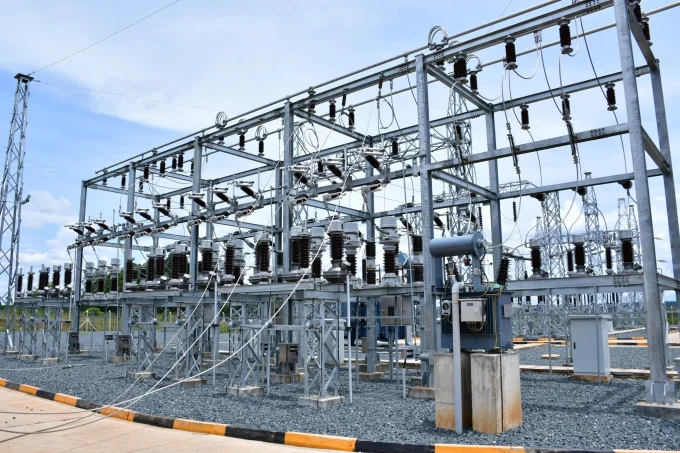
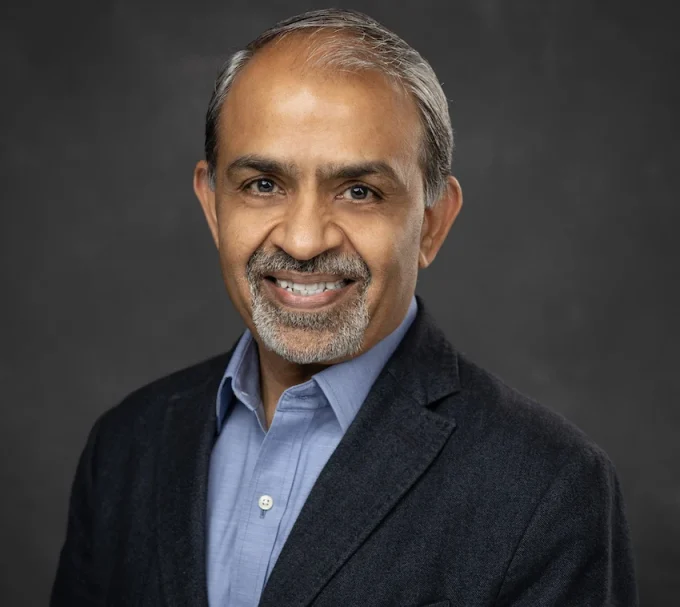
Leave a comment